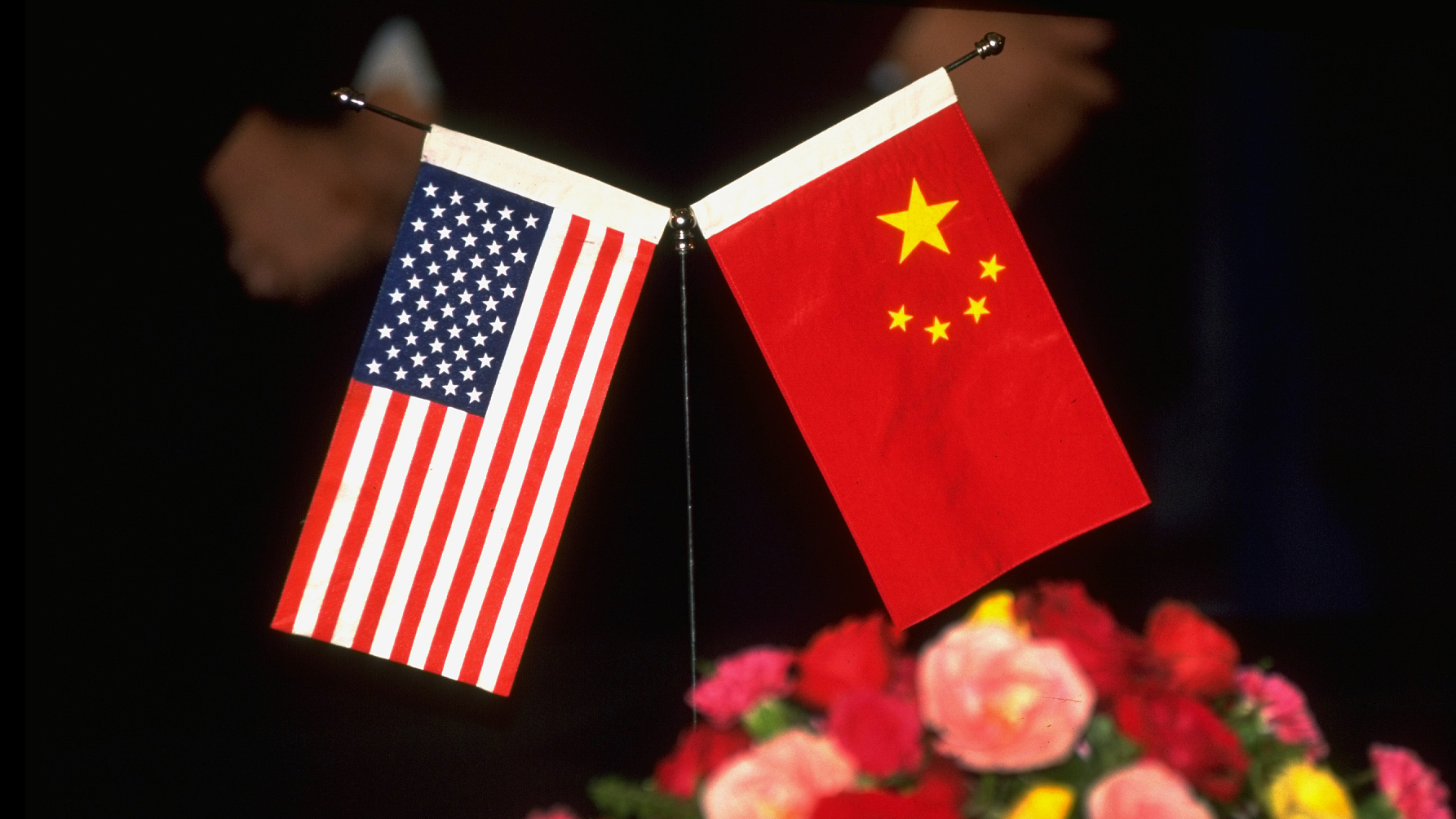
I have long maintained that the peace and prosperity of the entire world are related directly to the bilateral relations between the United States of America and the People’s Republic of China. To no small extent, global geopolitics and global economics depend on China and the US cooperating as much as competing. Thus, China-US relations are too important to cover up systemic problems. I advocate being candid, with each side stating to the other side what it really believes.

(Photo: VCG)
I know leaders, officials and experts in China as well as in the US, and the large majority are highly educated, highly competent, professionally sophisticated, and morally upright. How then the dramatic opposing views?
I can recite the stereotypical views of anti-Chinese Americans and anti-American Chinese, but none of this, I suggest, neither Chinese nor American stereotypical views, is the deep reason for US-China tensions. The deep reason, on both sides, is nationalism, which features in all societies and all social systems.
Nationalism is rooted in biological evolution, where early human allegiance to the group, the tribe, increased fitness for survival and procreation in the development of our species. Human beings have confirmed over and over again that they will bear any hardship, endure any pain, to protect the sanctity and pride of the group, which today is usually the nation-state.
I am always amazed how intelligent folk can so easily see the counter-productivity of misguided nationalism when viewing dispassionately the behaviors of others, while they are so easily blinded in not discerning the same misguided nationalism in their own, similar passions.
Notwithstanding real issues on both sides, simplistic bias and one-dimensional stereotyping, driven by nationalism on both sides, is a recipe for confrontation, not cooperation. But to recognize and expose nationalism is to cool its passions and reduce its power, allowing rational forces on both sides to build trust.
We have indeed entered a period of "struggle" between China and the US, though I would hesitate to call it an "ideological struggle." For example, issues of sovereignty and territoriality, for all countries, are drivers of foreign policy irrespective of political ideology. This is similar for espionage, cyber and other forms. Nationalism transcends ideology.
There are multiple, tortuous issues between China and the US. In the US, some call for the CPC to be removed from power, a direct interference in the internal affairs of a sovereign state. The more China senses that the US wants to overthrow its socialist, one-party-rule system, the more it will try to influence US and Western discourse. And the more the US senses that China wants to control information beyond its borders, the more the US will seek to change the system.
The US should come to recognize the benefits for China of China's CPC-led system; for example, in poverty alleviation and in controlling the COVID-19 pandemic as well as in economic development. For its part, China should come to have more confidence in the success of its system and not react sharply to every perceived criticism from beyond its borders.
The challenge for the US is to avoid threatening China's core interests, especially Party leadership and Taiwan. The challenge for China is to reduce the anxiety of those who fear China's rise, especially with respect to restricting information and constraining freedoms beyond China's borders.
Now with the new administration of President Biden, a window of opportunity will open to reset relations. The window will be narrower than in past cycles and the differences will be wider. Progress is possible, but only through quiet diplomacy, with each side laying out its red lines and both sides seeking mutual rules of engagement in all sensitive areas, especially Taiwan, industrial espionage, and the South China Sea.
Nothing would be better for the American and Chinese peoples, indeed for all people, than genuine cooperation between the US and China. I'm watching for wisdom.
In today's world, with numerous nation-state and ethnic confrontations and with threatening planetary problems like climate change and pandemics, the real conflict should not be between opposing political systems but rather between the forces of modernity, competence and development on the one hand, and those of ignorance, exploitation and oppression on the other. By this calculus, China and the US should be sitting on the same side of the table.
Yet, the cascading free fall in US-China relations is awash with danger, as chances for escalation or miscalculation rise to flood-water levels.
Is all the negativity about China furthering long-term American interests? Of course not. But then neither are the anti-American pronouncements of Chinese officials furthering Chinese interests. There is a vicious cycle between American and Chinese mutual attacks, each reinforcing the other in a race to the bottom.
Political wisdom is needed urgently for avoiding further exacerbation and escalation, which would only harm both countries and the world as a whole.
It is true that, catalyzed by deteriorating relations with the US, China's relations with much of the developed world is undergoing change. It may sound paradoxical, but I view these changes as a special opportunity for China to emerge as a leading nation for the global good, even beyond the fact that it is already the largest trading nation with almost every country on earth. Because China’s image is often portrayed in the international media in a simplistic, antagonistic, homogeneous, self-aggrandizing manner, China’s actions for the global good, such as supplying vaccines to less developed countries, becomes both surprising and appreciated, undermining stereotypes and catalyzing rethinking.
China's leaders assert that, in an integrated global economy, China's stability and development is essential for world peace and prosperity. One-party rule, they insist, is essential for maintaining such stability and development, from which the world benefits - from 5G technology to containing epidemics to alleviating poverty.
China and the US, working together, should become bulwarks of peace and engines of prosperity, which would benefit both peoples and all humanity.
The author is chairman of the Kuhn Foundation. The opinions expressed in the article reflect those of the author, and not necessarily those of the People's Daily.


